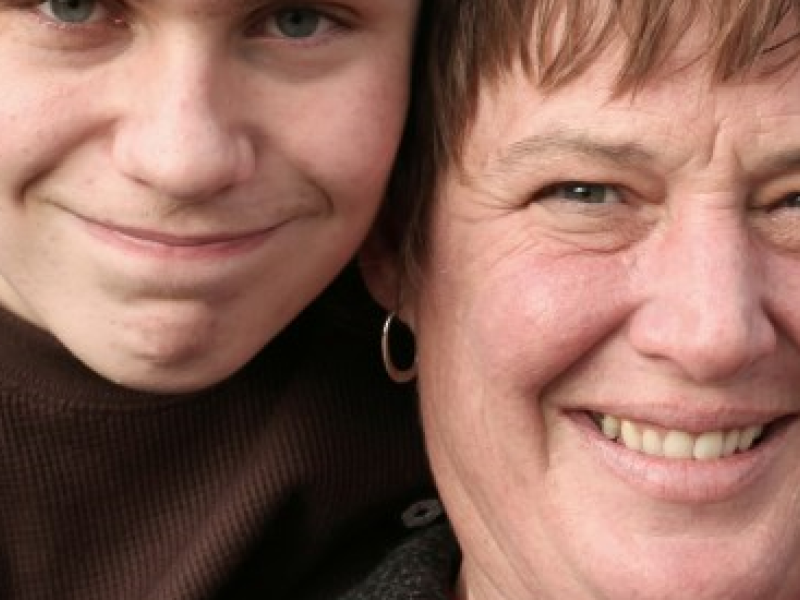by Katie Larsen, Senior Manager, Inclusion and Participation, Mind Australia
The phrase ‘knowledge is power’ sounds good in theory, but it has not been a reality for people with a lived experience of mental ill-health in Australia.
We’ve had to fight to be heard. Fight to be recognised. Fight to be understood.
It’s an exhausting and seemingly never-ending battle, but the recent announcement by the federal government to establish two national peak bodies to give people with a lived experience of mental ill-health greater participation shows us that Australia is moving in the right direction.
The $7.5 million funding announcement will establish and operate one organisation to represent consumers and the other representing carers, families and kin, with the goal of ensuring consumers, families and carers have a voice at the national table in decisions and governance that directly affect their lives. These perspectives are critical and for too long have been overlooked or minimised.
The reform of Australia’s mental health system needs people with lived experience to be genuinely part of the decision-making process at every level. This challenges and pushes against the status quo of how decisions are currently made. It has the potential to drastically change the way we collectively think about what’s most important and guide and shape transformative solutions.
I have seen this in my role as Senior Manager for Inclusion and Participation at Mind Australia, where my personal lived experience and lived expertise of mental ill-health shapes the work I undertake every day. I am privileged to work with colleagues who do the same, embracing the mental health challenges they have experienced (and still do) to lead and shape decision making at every level of our organisation, and to help others through their own recovery or carer journey.
Creating the change we need is challenging, exciting and achievable. Our Lived Experience Strategy has given us peer leadership and workforce targets that will enable us to effect meaningful change within our organisation. I’m pleased to say we are ahead of schedule in reaching these.
Our Lived Experience Advisory Team is made up of client, family and carer representatives and provides strategic advice directly to our CEO and Executive team. We engage clients and their families through genuine co-design and co-production processes, and we have specialised and designated lived experience roles right across the organisation.
This creates opportunities to interrogate concepts such as governance, leadership and practice through a lived experience lens that can lead to meaningful, lasting and much-needed change.
These initiatives are examples of what these new peak bodies will advocate for and, importantly, implement across the sector.
With governments and mental health organisations working together, a lived experience-led system, which this will hopefully contribute to, will have a heart and wholeness to it in a way the existing mental health system has not been able to demonstrate. Such a system acknowledges people as the experts of their own experience, a foundational concept for recovery.
Australia has lived experience leaders across the country who can guide us in moving from talking about having a lived experience-led mental health system to actually creating one. With this announcement, it is encouraging to see the acknowledgement and investment to make it happen.
Make no mistake, actualising this next step will require a major culture shift, but to quote our CEO Gill Callister, consumers and carers are the best placed people to inform the change that is required to reform the mental health system.
We are at an exciting moment of transition, from talking the talk about having a lived experience-led mental health system to walking the walk by actually creating one. Decades of tireless advocacy from consumer and families and carers has enabled this. The challenge looms large but it will be worth the effort.
Katie Larsen (she/they) brings her lived experience and her lived expertise to her role as Senior Manager Inclusion and Participation at Mind Australia. Currently a PHD candidate exploring intersectionality and mental health leadership, Katie has extensive experience in the not for profit sector in both frontline and management roles, and a Masters in Social Work and a BA in Journalism (RMIT).
